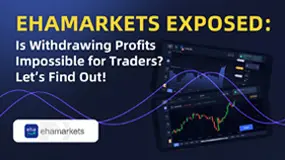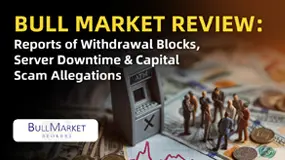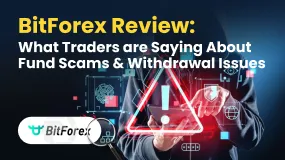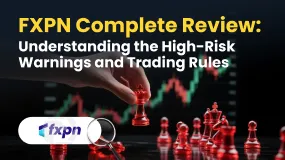Abstract:The journey of trading, whether in forex, stocks, or cryptocurrencies, is often likened to a game. And like any game, the strategies of offence and defence come into play. Traders must navigate periods of opportunity and risk with precision, constantly asking themselves, “When should I take an aggressive stance, and when is it better to protect my assets?”

The journey of trading, whether in forex, stocks, or cryptocurrencies, is often likened to a game. And like any game, the strategies of offence and defence come into play. Traders must navigate periods of opportunity and risk with precision, constantly asking themselves, “When should I take an aggressive stance, and when is it better to protect my assets?” The reality is, theres no clear-cut answer. Instead, the key lies in understanding the timing and context of each move.

In trading, playing defence doesn‘t mean sitting on the sidelines; it’s about safeguarding your capital when the market shows signs of uncertainty or instability. Defensive periods are often tied to high market volatility, geopolitical tensions, or unfavourable economic data that can swing prices in unpredictable directions. During these times, traders should prioritise preservation over profit. Its crucial to adopt a mindset of risk management, reducing exposure by lowering position sizes, employing stop losses, and avoiding over-leveraging.
For instance, if a significant news event such as an election or major policy change looms, markets may fluctuate rapidly and irrationally. This unpredictability makes it wise to step back and protect your positions, opting for low-risk trades or even exiting the market temporarily until conditions stabilise. In times of increased uncertainty, defensive strategies such as holding cash reserves, diversifying portfolios, and hedging through options or safe-haven assets can help limit exposure.

On the other hand, traders must also know when to strike offensively. Offensive periods occur when the market presents clear opportunities for profit, supported by strong trends or positive macroeconomic conditions. Playing offence in trading is about maximising your potential gains by increasing trade sizes, taking advantage of strong momentum, or entering new markets that show promise.
The offensive mindset is best applied during periods of strong market momentum or when you have solid reasons to believe in the direction of a trade. For example, when central banks announce policies that directly impact currency valuations, such as interest rate cuts or hikes, these moments often create opportunities to take larger positions. Similarly, when a traders analysis aligns with fundamental data, such as earnings reports or economic growth, the conditions are ripe for more aggressive trades.
But, even in an offensive stance, its important not to rush. Traders often make the mistake of being too aggressive too soon, leading to poor entries or mistimed positions. Patience is a key part of an offensive strategy. Waiting for a confirmed breakout or price action that supports your analysis can mean the difference between a profitable trade and a premature loss.

Timing in trading is everything. Balancing offensive and defensive strategies is crucial to long-term success. No trader should always be in one mode; rather, its about understanding when to shift gears. Too often, traders get stuck in an overly defensive posture, missing out on profitable trades, or become too aggressive, leading to unnecessary losses. Recognising market sentiment and being aware of economic news cycles can help traders gauge when to go on the offensive or retreat defensively.
In the end, a successful trader is not one who only focuses on scoring big wins, but one who also knows how to defend their gains. Maintaining emotional discipline and recognising that not every market condition requires aggressive action can keep your capital intact and ready for the next opportunity.
The balance between offence and defence in trading hinges on one critical skill: patience. Understanding when to act and when to wait is a traders most powerful tool. Whether the market calls for bold moves or cautious defence, traders must avoid rushing into decisions. A well-timed move, after careful analysis, will always beat a hasty trade driven by emotion or impatience. Traders who can master this balance are those who can navigate markets consistently and profitably.













